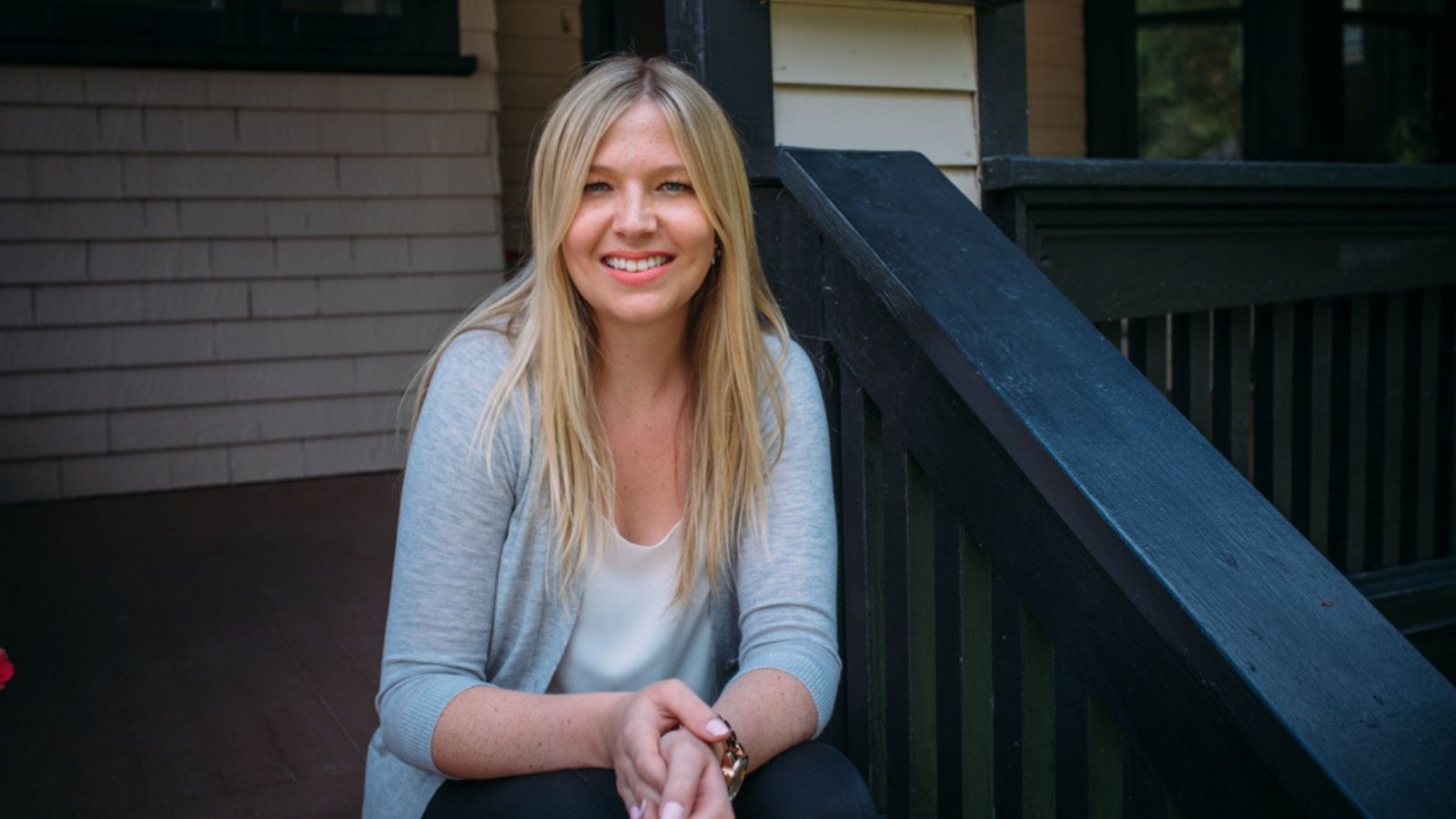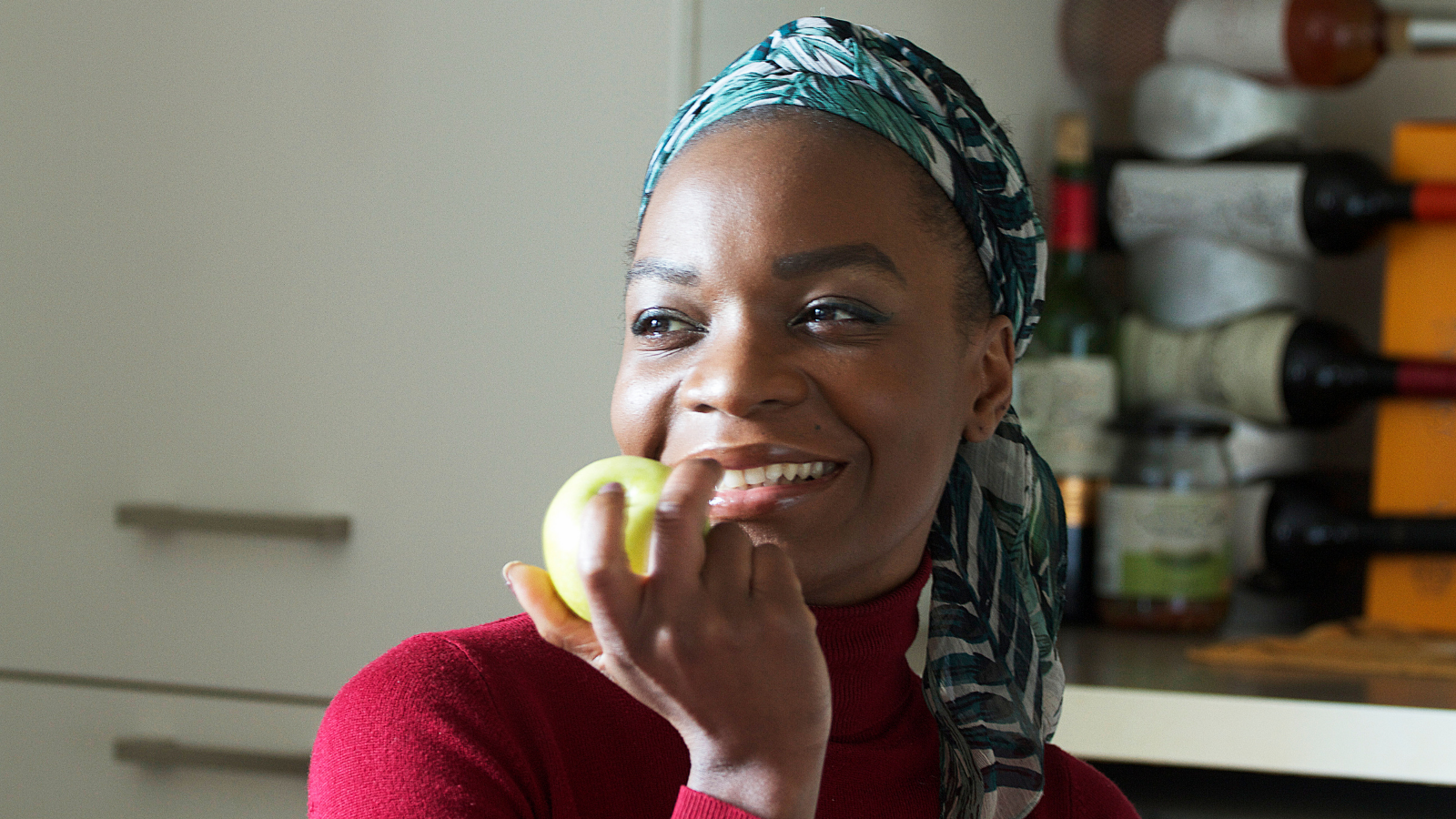
A cancer diagnosis brings change and challenges. It also brings opportunities for growth. Common relationships affected by cancer include those with children, spouses, family, and friends. Though everyone’s experience with cancer is unique, the following may assist a wide range of women with cancer, whether navigating a new diagnosis, the treatment process, or life after treatment.
Relationship with yourself
Recognize that the common person in each of your relationships is you.
Revise the expectations you have for yourself
Cancer and its treatments can affect us physically, mentally, and emotionally. For example, energy levels may seem depleted. Expecting ourselves to perform at the same standard as before cancer could lead to exhaustion, burnout, or intense feelings of guilt. This leaves us with less to offer ourselves, and others. It is important to regularly revise the expectations we have for ourselves when navigating diagnosis, treatment, and life after treatment.
Safeguard your well-being
- Start by identifying your values– the things that matter most to you. This is unique for everyone. Values could include spending time with family, eating a healthy diet, and spending time doing a hobby.
- Accept that how we safeguard our well-being depends on our values. For example, if having family suppers is important, some responsibility in making this happen may have to shift from ourselves, to others. Each person in the family can have a task in making family dinner happen—from preparing the menu and food, to clearing the plates.
- Take breaks—taking breaks allows our bodies and minds to rest to restore some energy, and to offer more. Remember, a break is not the time to problem solve. Rather, it could be time to sleep, to listen to an audiobook, or to participate in an enjoyable hobby.
Being a mom with cancer
Balance your needs with your children’s needs
This can seem like one of the most difficult things to do. Often, we want to spend as much quality time with our children as possible. Even without a cancer diagnosis, managing to have high-quality interactions with our children at all times is difficult to achieve. Now, more than ever, it is important to recognize that looking after our children’s needs also require looking after our own.
Schedule, schedule, schedule
Having a visual schedule can help you and your children anticipate the day and week ahead. This predictability can decrease anxiety for everyone in the household. The schedule may include medical appointment times, homework times, Mom’s resting times, meal plans, and more.
Involve your children
Involve your children in your day-to-day activities. Depending on age, they may be able to suggest a meal for the week, wash vegetables, or set the table. Having a role to play, no matter how small, can be practically helpful for parents, and meaningful for children.
Communicate openly with your children
Your children may not understand why some things have begun to change. Communicate with them regularly. For example, they may not understand why you have begun to rest regularly in the middle of the day. Explain to them how this benefits you as a person, and you as a mother. Depending on age, children may have a difficult time taking the perspective of another person, so a simple explanation with occasional reminders may help them to understand more and worry less.
It can be difficult to decide how much information to share with your children about your health status. Speaking with a professional can help navigate this.
Being a wife with cancer
Communicate openly about the changes and challenges you are experiencing, and allow your spouse to do the same.
Recognize that your spouse may have a different way of reacting to or coping with your cancer diagnosis and treatment. This is okay. It is important for spouses to recognize when they, too, are experiencing stress and challenge, so that they may seek out supports. This might include meeting with a professional for counselling as an individual or as a couple, or talking with close friends or family.
Know that changes in libido and sexual functioning can follow a cancer diagnosis and its treatments. If any of these changes impact your quality of life or relationship, communicate openly about it with your spouse. Supports that are specific to the impact of cancer on sexual functioning are available, such as the OASIS program (Oncology And Sexuality, Intimacy, and Survivorship).
Being a friend with cancer
Recognize that you do not have to be the same friend that you were before cancer.
Delegate
Friends may ask what they can do to support you. Allow them to support you, and tell them how they can do this. Do you need practical supports, such as assistance with meals, yardwork, or carpooling? Know what you need, and get as specific as you can with friends, family members, or community groups.
Find the right friend for what you need
Depending on what we need, we may wish to connect with one friend over another. This may seem selfish, but it is not! If we feel the need to talk and express ourselves, we may choose to connect with the friend who listens well. If we need a distraction, we may need the friend who can talk with us about something other than what is happening in your life.
Communicate with your friends
Let them know what to expect. For example, let them know that you may not be attending your regular get-togethers until you are feeling better, or that you are not replying to text messages as quickly or in as much detail for the next while. It is okay to do less as a friend.




